Master of Science in Zoology
2024-03-19 10:19Master of Science in Zoology
Master of Science
in Zoology
Course Duration : 2 Years
About this Course
Embark on an exploration of pharmaceuticals from an animal kingdom perspective with our Master’s in Zoology. Understand the biological intricacies that shape the development and testing of medicines, contributing to advancements in pharmacology and animal health.
Some of the Popular Career Paths Include
Pharmaceutical Zoologist
Animal Research Scientist
Wildlife Pharmaceuticals Specialist
Zoological Ethics Consultant

Life of a
Student in Zoology
Embark on an exploration of pharmaceuticals from an animal kingdom perspective. In this Master’s program, you’ll understand the biological intricacies that shape the development and testing of medicines, contributing to advancements in pharmacology and animal health. Your journey involves a deep dive into the intersection of zoology and pharmaceuticals.
Download Brochure
Our Proud Alumni

AGI is one of the best colleges in Dehradun. I had completed B.Sc in Agriculture from here. There is a favorable learning environment, experienced faculties & the practical work in the same field as well. Thank You AGI for enriching my knowledge
Animesh Banerjee

The teachers and staff of AIMT are always willing to help and assist me during my studies in alpine and I will always be grateful for their knowledge and wisdom they share with me .
Jameson

Right from the start of my studies, Alpine group of institute has always provided a warm and encouraging place to learn.
Thank You, Alpine Group of institute for everything❤️
Mritunjay Chaudhary

Great place to learn. Very cordial and interactive facilities. A good library provided with all prescribed standard books for enhancing subject knowledge. Overall I had good experience.
Lakshmi S. Nath

My name is Pavan Kalyan. The name of my college is Alpine institute of management and technology and i have pursued my bachelor’s degree in agriculture. I love my college a lot because it possesses all the qualities of an ideal college.
Pasan Pavan Kalyan

I completed my B.Sc. in Agriculture from AGI. During my time from 2018 to 2022, I learned many things in college, including extracurricular activities such as sports, cultural fests, debates, and cultural tours.
Rahul Jaiswal

My name is Shivam I chose Alpine Group of Institutes for my B. Sc. (Agriculture) degree program. It was very smooth journey. At every step professionals are there to guide newbies. Alpine is the best place to be for study.
Shivam Kumar

AGI is a leading Indian Institution offering its students a unique amalgamation of professional and academic excellence. Alpine had enhanced my knowledge and had provided me a platform for my success
Yadhika Ghatani

I’m thankful to all the faculty members especially from my department for providing us a great opportunity to showcase ourselves as well as lightning right direction.
Praveen Kumar Thakur

To gather feedback about the institute, I recommend reaching out to current or former students of the B.sc Agriculture program at Alpine Institute Dehradun.
Shaswat Deep

Experience it’s been a great I have gained in my 4 year period of B.Sc. Agriculture. The faculties are very supportive in every phase. And I really enjoyed my studied and lived my college life as much as I can
Ritik Kumar
Photo Library
Crafting careers, fueling dreams. Where learning meets adventure, everyday.

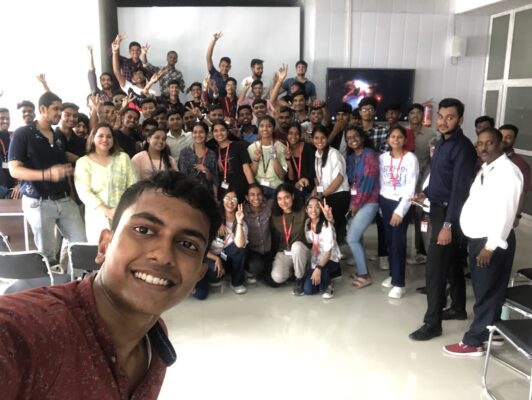

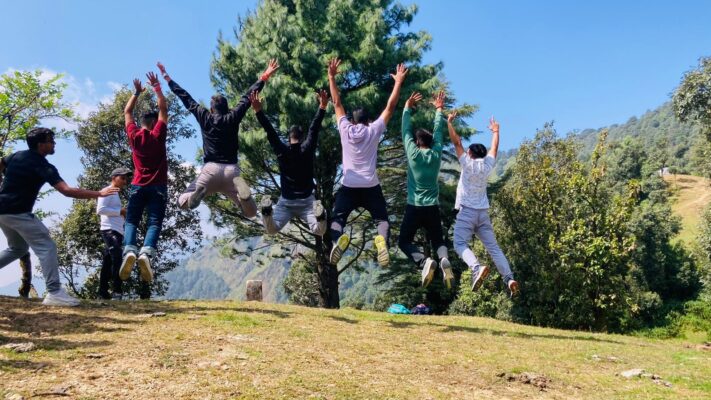
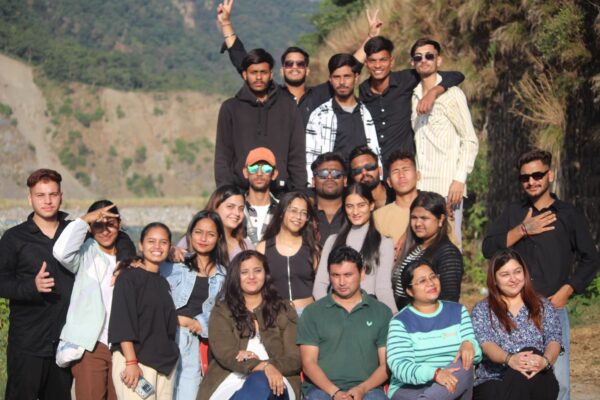
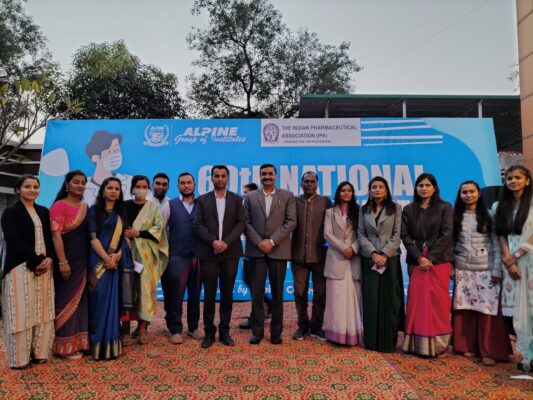
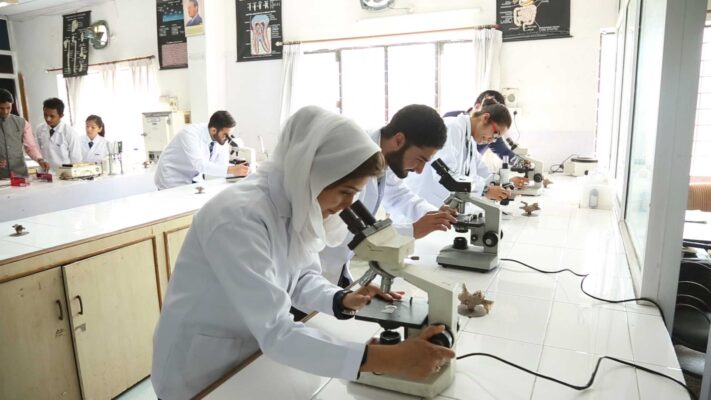


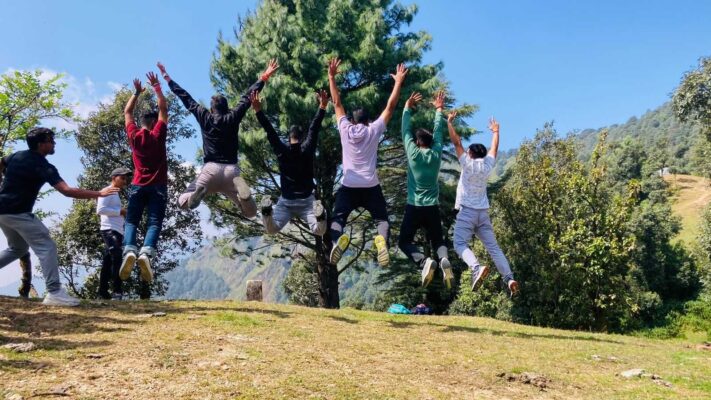


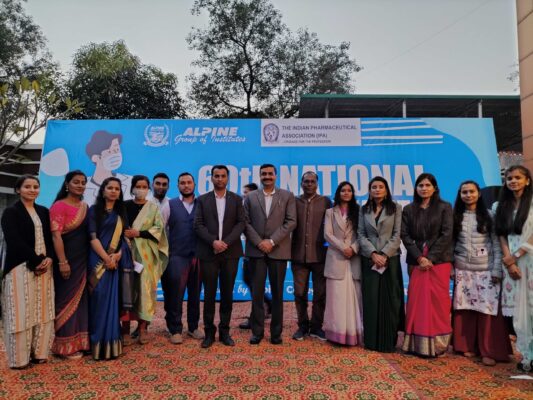

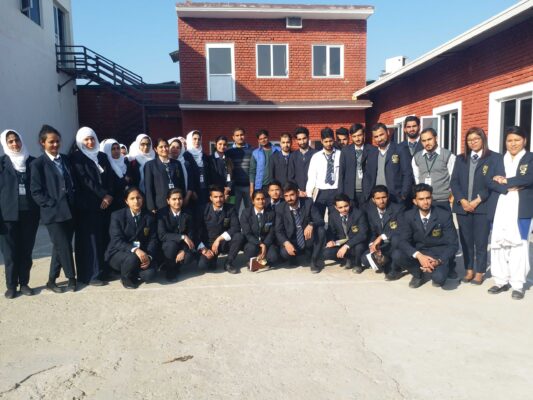
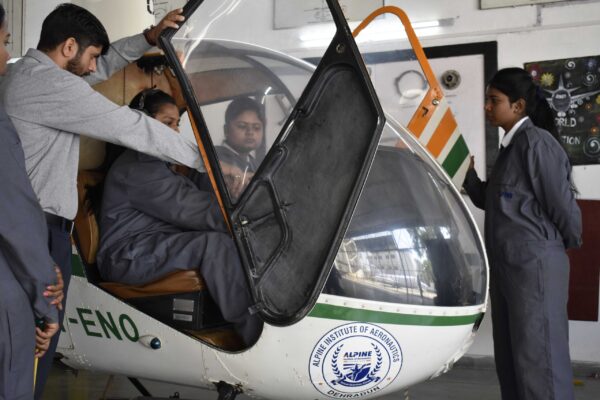

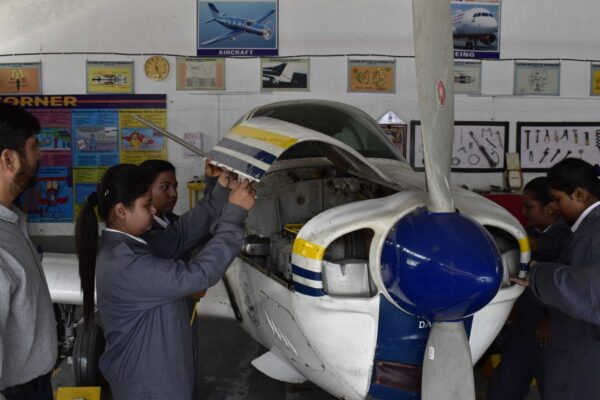

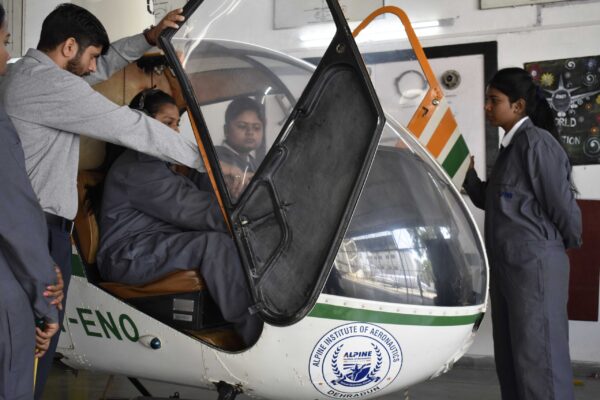

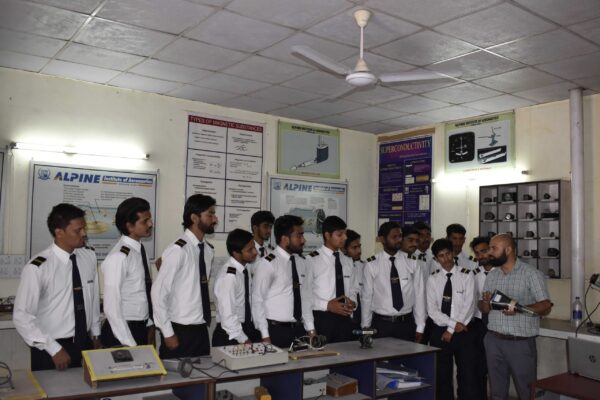
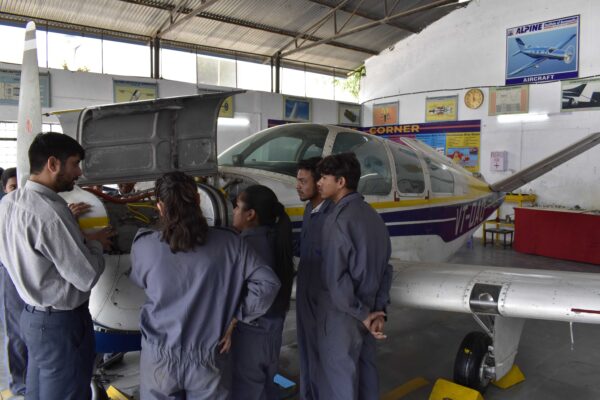


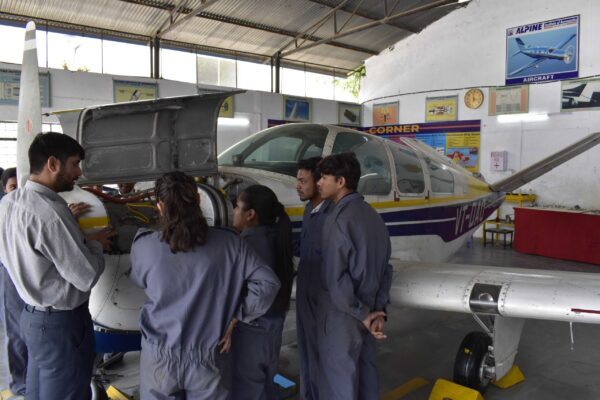
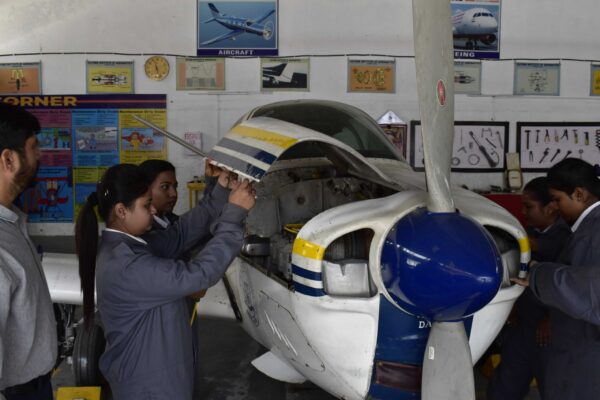
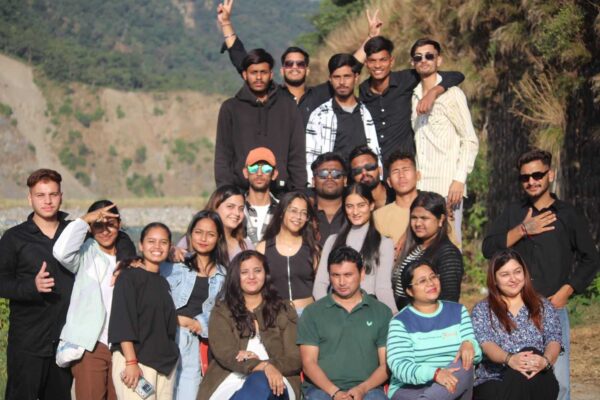


Frequently Asked Questions
Question 1 : What career prospects come with masters in Zoology?
Embark on a journey of discovery with a Master’s degree in Zoology Here are some exciting career paths awaiting you:
- Research Scientist – Job Providers: Universities, Research Institutes, Government Agencies (e.g., CSIR, ICAR), Private Research Organizations.
- Wildlife Biologist – Job Providers: Wildlife Conservation Organizations (e.g., WWF, Wildlife Trust of India), National Parks, Forest Departments, Environmental NGOs.
- Zoologist/Curator – Job Providers: Zoos, Aquariums, Natural History Museums, Wildlife Rehabilitation Centers.
- Environmental Consultant – Job Providers: Environmental Consulting Firms, Government Environmental Agencies (e.g., Pollution Control Boards), Non-profit Conservation Organizations.
- Science Writer/Journalist – Job Providers: Science Magazines and Journals, News Media Outlets, Educational Publishers, Wildlife Documentaries.
- Educator/Professor – Job Providers: Colleges, Universities, Research Institutions, Educational NGOs.
Question 2 : What Benefits you can gain from pursuing masters in Zoology?
Embarking on a Master’s in Zoology offers multifaceted benefits. It cultivates advanced knowledge in animal biology, ecology, and conservation, fostering critical thinking and research skills. Graduates gain access to diverse career opportunities as research scientists, wildlife biologists, educators, and more. The program provides hands-on experience in fieldwork, lab research, and scientific communication, enhancing employability and career advancement. Networking opportunities with renowned professionals and access to cutting-edge research equip students for impactful contributions to wildlife conservation and scientific discovery. Overall, a Master’s in Zoology opens doors to a fulfilling career dedicated to understanding, protecting, and celebrating the natural world.
Question 3 : What are the main requirements for being a student in masters of zoology in Dehradun?
The main requirements for being a student in a Master’s program in Zoology in Dehradun, Uttarakhand, India, typically include:
Educational Qualifications: A Bachelor’s degree in Zoology or a related field from a recognized university, with a minimum specified CGPA or percentage as determined by the institution.
Entrance Examination: Depending on the institution, candidates may need to qualify in a national or university-level entrance examination specific to the Zoology program. Institutions like HNB Garhwal University and others might have their own entrance exams or accept scores from national-level exams like the UGC NET or CSIR NET.
Admission Application: Submission of a completed application form along with required documents such as transcripts, mark sheets, and proof of identity.
Question 4 : What does masters in zoology mostly cover?
A Master’s program in Zoology typically covers a wide range of topics related to the study of animals and their biology, behavior, ecology, and conservation. Some of the key areas that are commonly covered in a Master’s in Zoology program include:
Advanced Animal Biology: In-depth study of animal anatomy, physiology, genetics, and development, focusing on both vertebrates and invertebrates.
Ecology and Environmental Science: Understanding the interactions between organisms and their environment, including topics such as population dynamics, community ecology, and ecosystem functioning.
Animal Behavior: Exploring the behavior of animals in various contexts, including social behavior, communication, mating systems, foraging strategies, and evolutionary aspects of behavior.
Conservation Biology: Examining the principles and practices of conserving biodiversity, managing endangered species, and mitigating threats to ecosystems and wildlife populations.
Evolutionary Biology: Investigating the processes and mechanisms of evolution, including natural selection, genetic drift, speciation, and phylogenetics, and their implications for understanding biodiversity.
Field and Laboratory Techniques: Developing skills in fieldwork, data collection, experimental design, and laboratory techniques commonly used in zoological research.
Research Methods and Data Analysis: Learning research methodologies, statistical analysis, and data interpretation techniques necessary for conducting scientific research in zoology.




